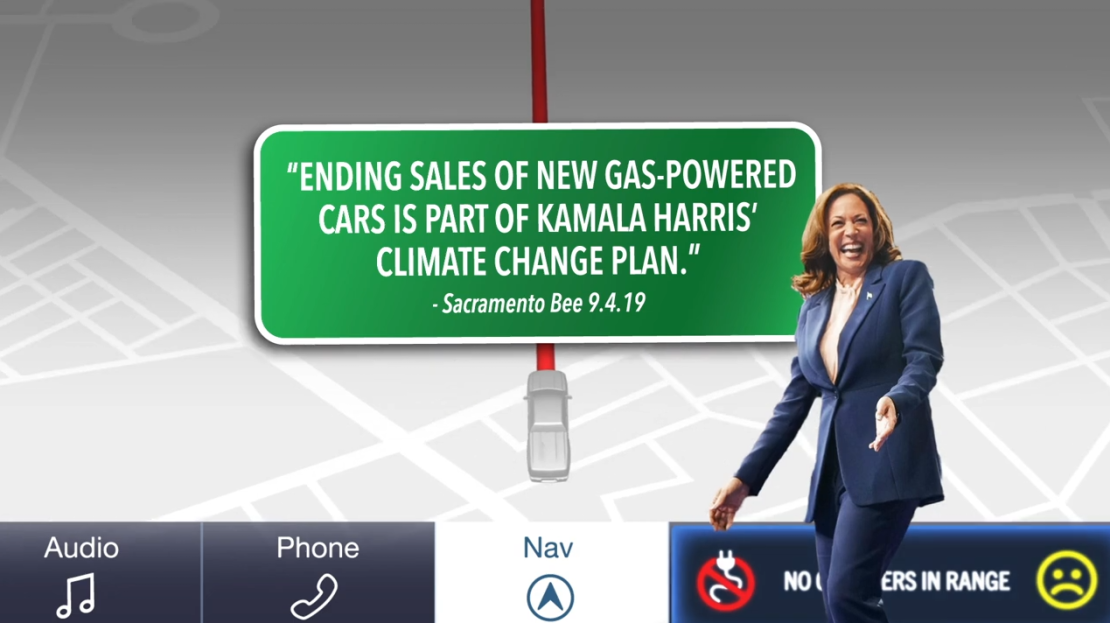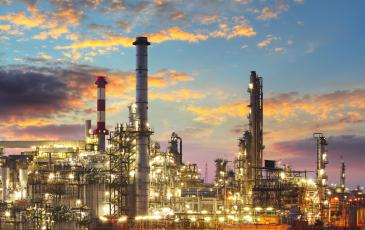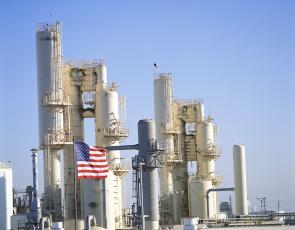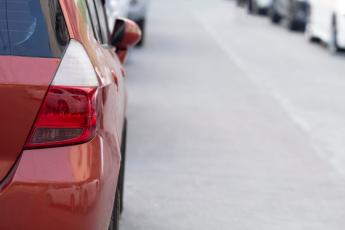WASHINGTON, D.C. — Today, the American Fuel & Petrochemical Manufacturers (AFPM) is launching Driver’s Seat, a new issue ad highlighting Vice President Kamala Harris’ well-documented support for a California-style 100% ban on sales of new gas cars across the United States, policy that is even more extreme than the unpopular Biden-Harris EPA regulation aimed at phasing out most new gas cars by 2032.
State-specific versions of Driver’s Seat—calling on key Senators and Congressional Representatives to put a stop to the Biden-Harris car ban—are running in five states: Michigan, Montana, Nevada, Pennsylvania and Wisconsin.
AFPM President and CEO Chet Thompson issued the following statement emphasizing the importance for consumers to know where Vice President Harris stands on gas car bans and electric vehicle (EV) mandates:
“Until the Vice President says otherwise, we have to believe she still stands for everything that was in her 2019 policy plan and for every policy she cosponsored as a Senator. Unfortunately for American consumers, that would include a 100% ban on new gas car sales throughout the United States. Americans deserve to know exactly where the Vice President stands and whether a Harris administration will correct or double down on policies like EPA’s regulation which will effectively ban most new gas cars by 2032. And in the meantime, Congress must act swiftly to overturn this EPA regulation and protect consumer choice on behalf of the 70 percent of Americans who oppose gas car bans and EV mandates.” – Chet Thompson, AFPM President and CEO
Driver’s Seat is part of AFPM’s eight-figure issue campaign to educate Americans and provide consumers with opportunities to communicate their opposition to gas car bans and EV mandates directly with their elected officials and policymakers.
For more information, visit DontBanOurCars.com.
The American Fuel & Petrochemical Manufacturers (AFPM) is the leading trade association representing the makers of the fuels that keep us moving, the petrochemicals that are the essential building blocks for modern life, and the midstream companies that get our feedstocks and products where they need to go. We make the products that make life better, safer and more sustainable — we make progress.



